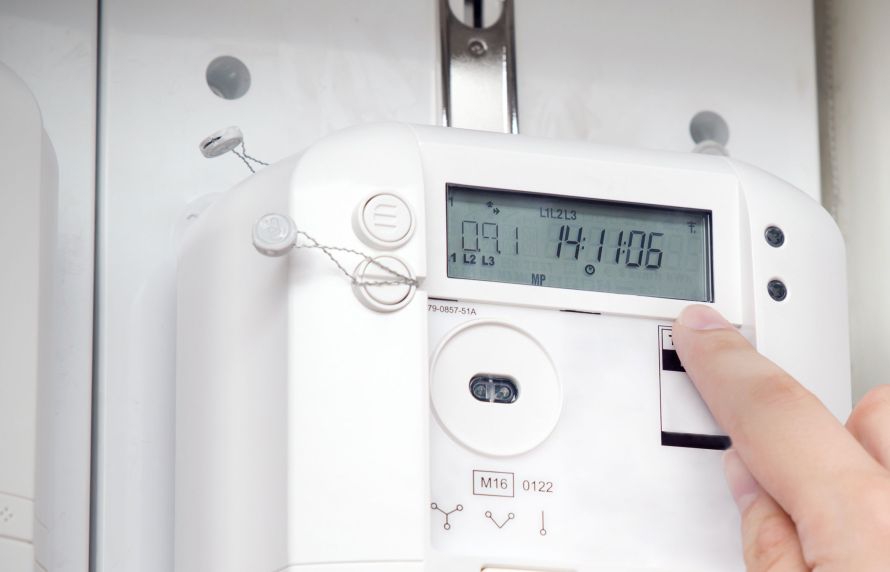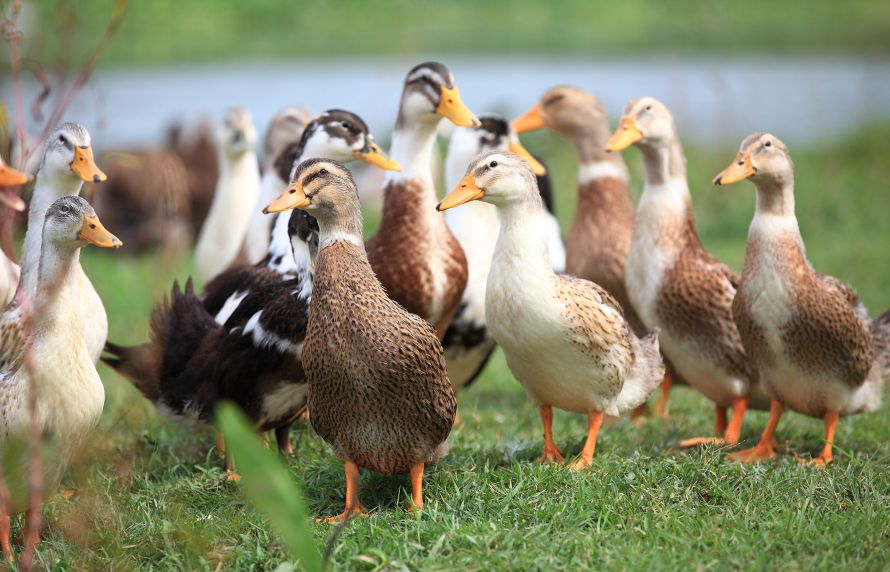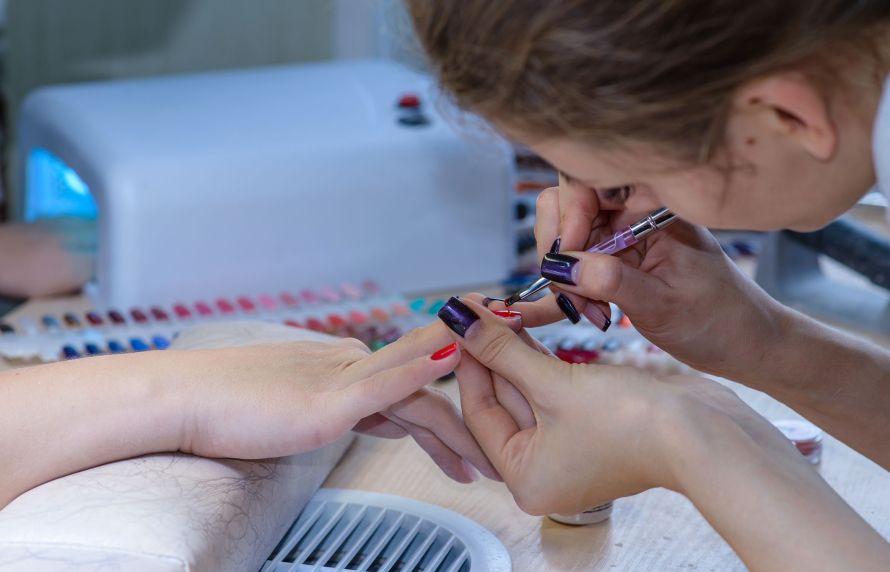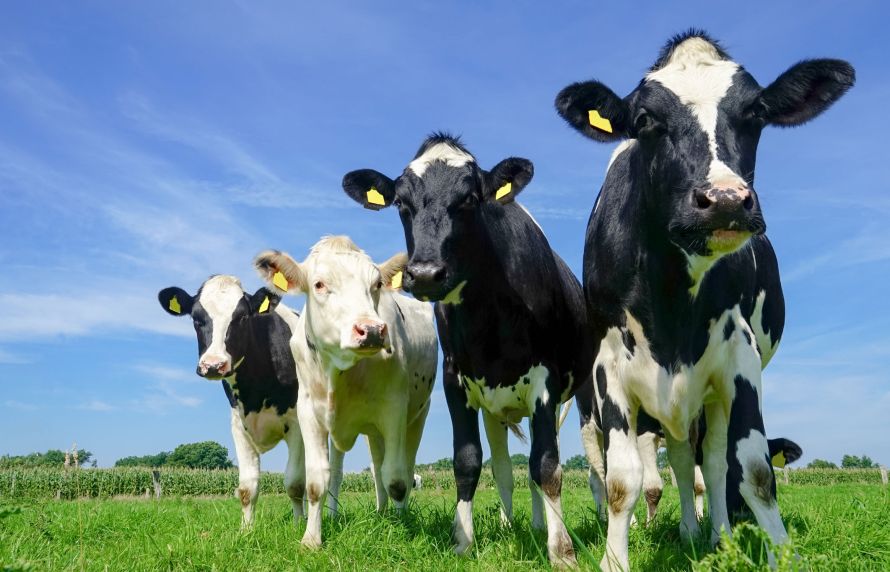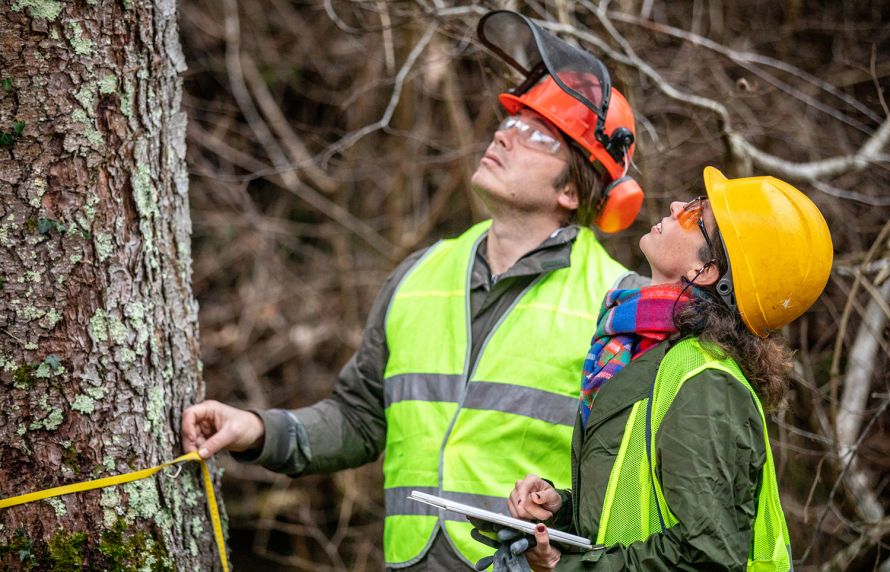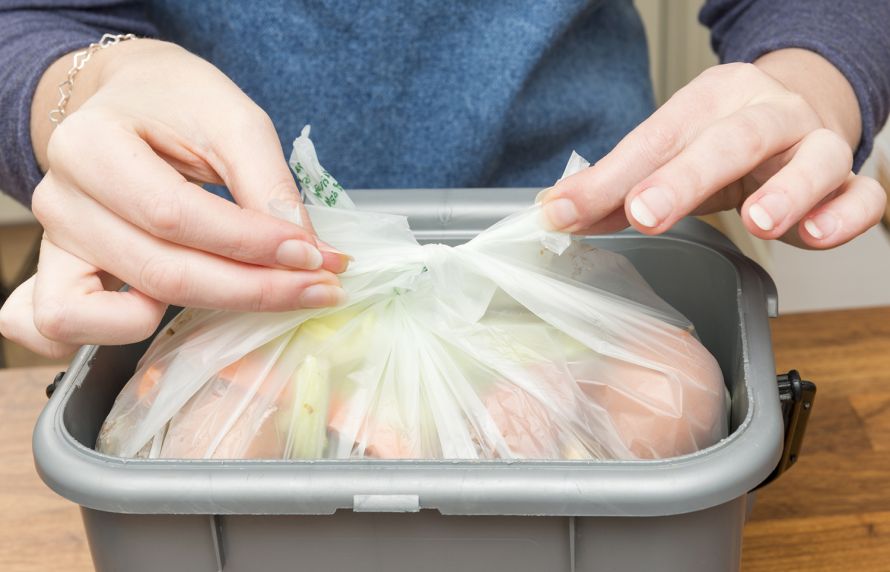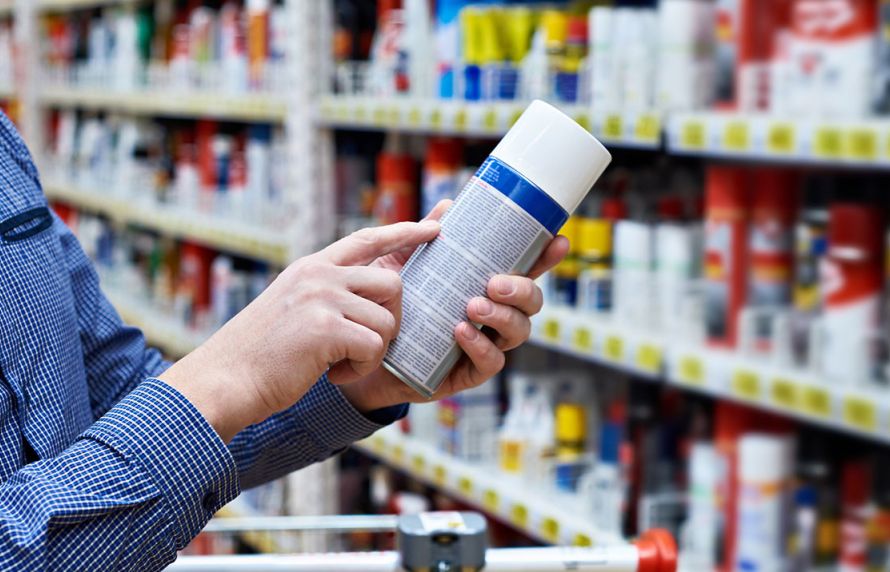The harmonised classification proposals submitted by ANSES under the CLP Regulation (on classification, labelling and packaging of products) aim to better manage the risks associated with the use of 2-hydroxypropyl methacrylate (HPMA) and 2-hydroxyethyl methacrylate (HEMA) at European level. These substances, used in the manufacture of polymers and resins, are found in many products including cosmetics and personal care products. They can cause allergic and irritant reactions, especially for professionals. These classification proposals have been available for public consultation since 13 March 2023 on the website of the European Chemicals Agency (ECHA) to enable all stakeholders to comment or provide additional information on these substances.
